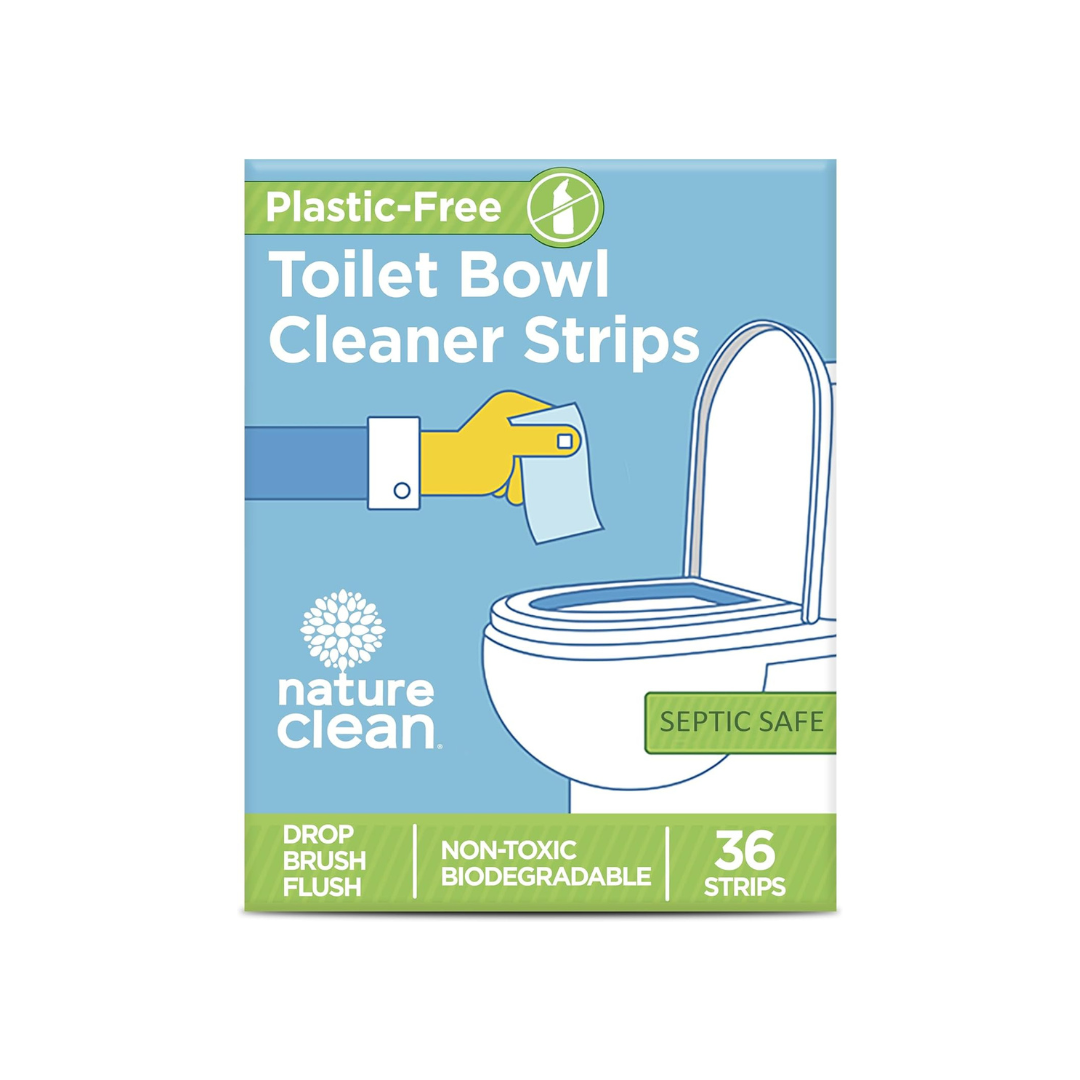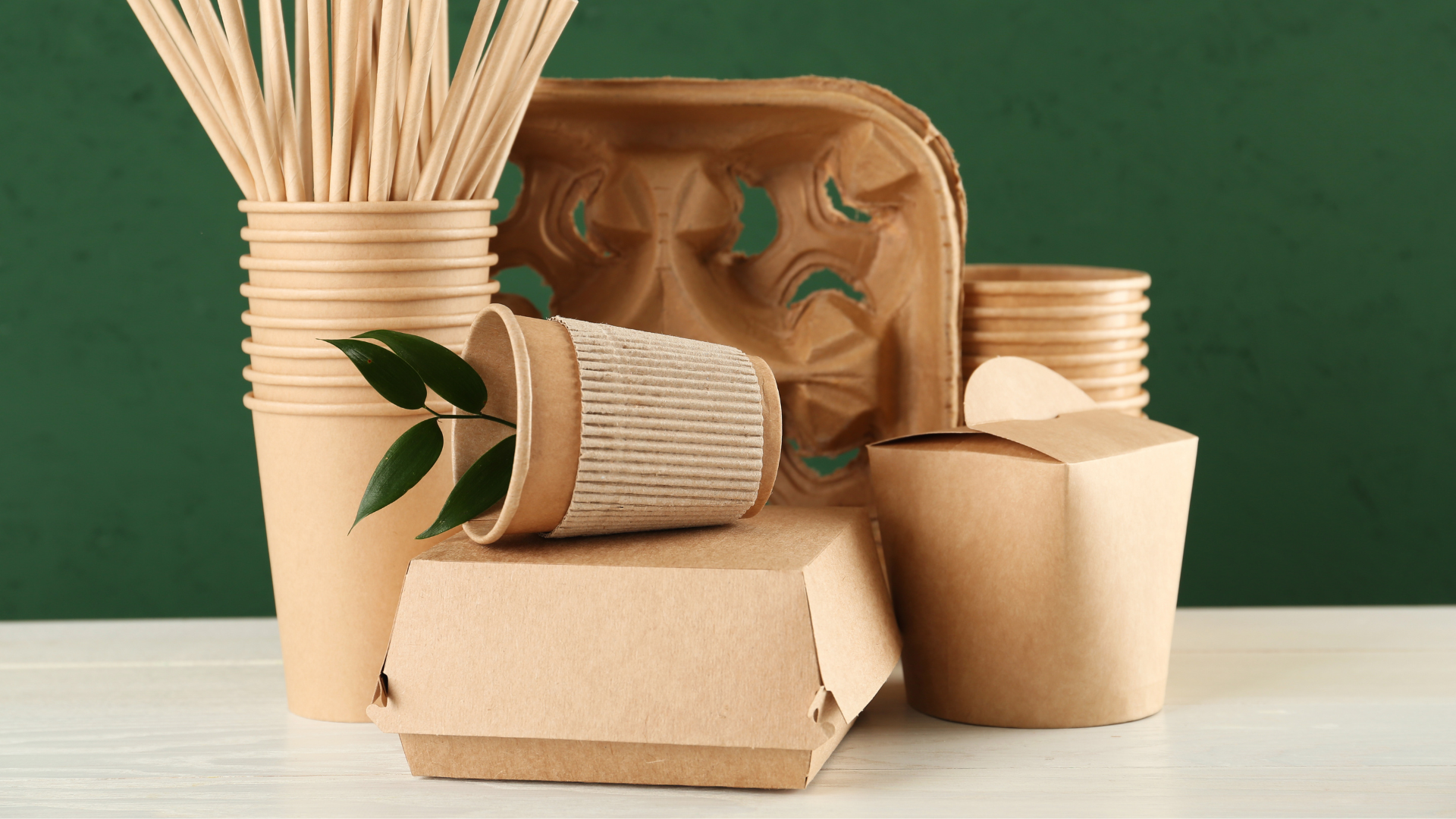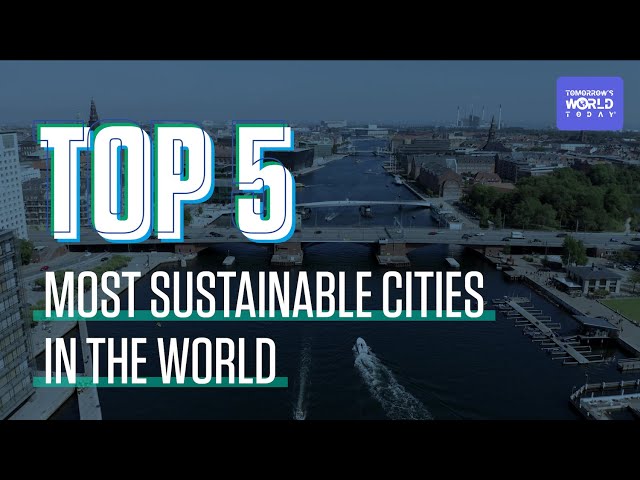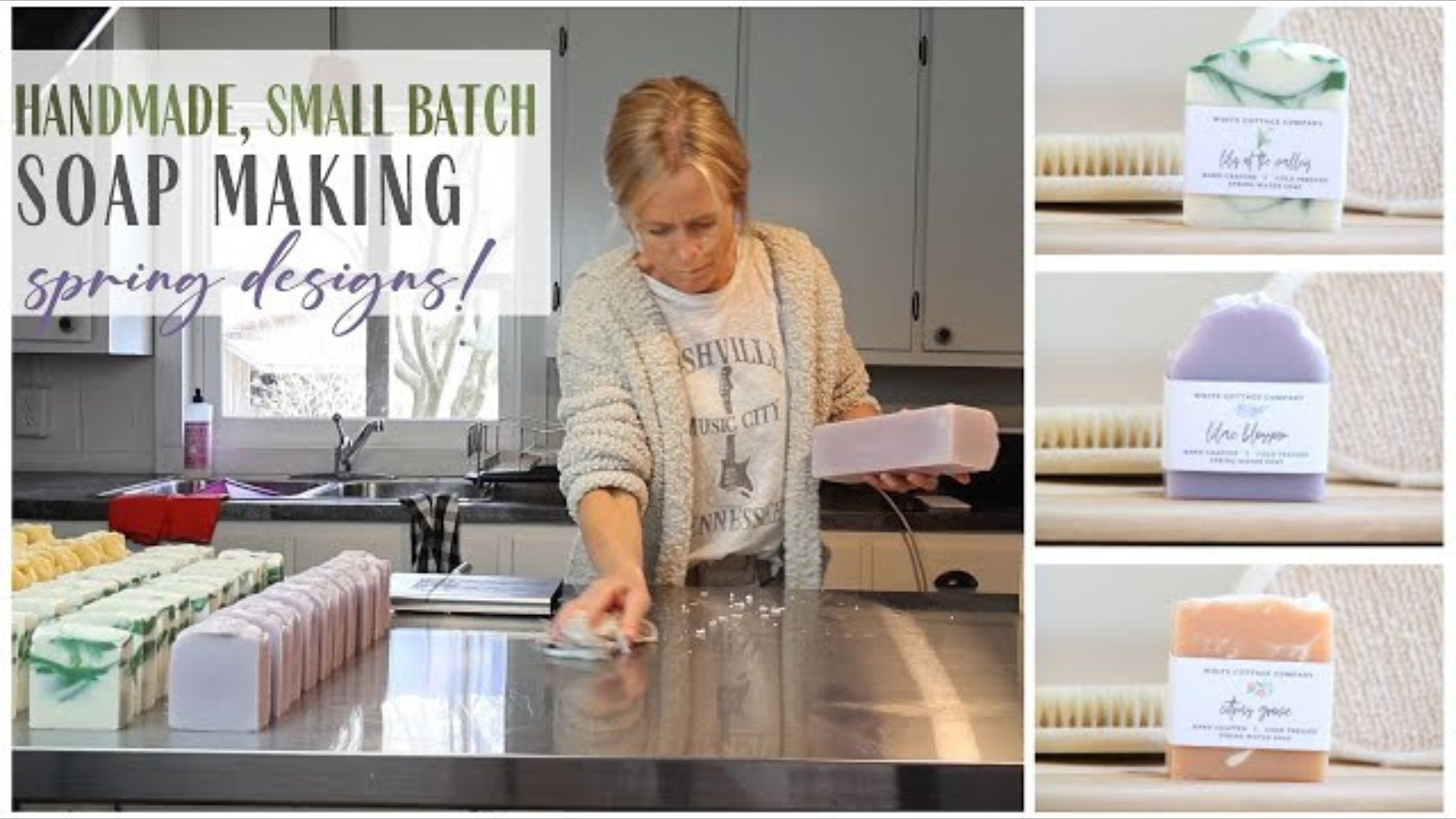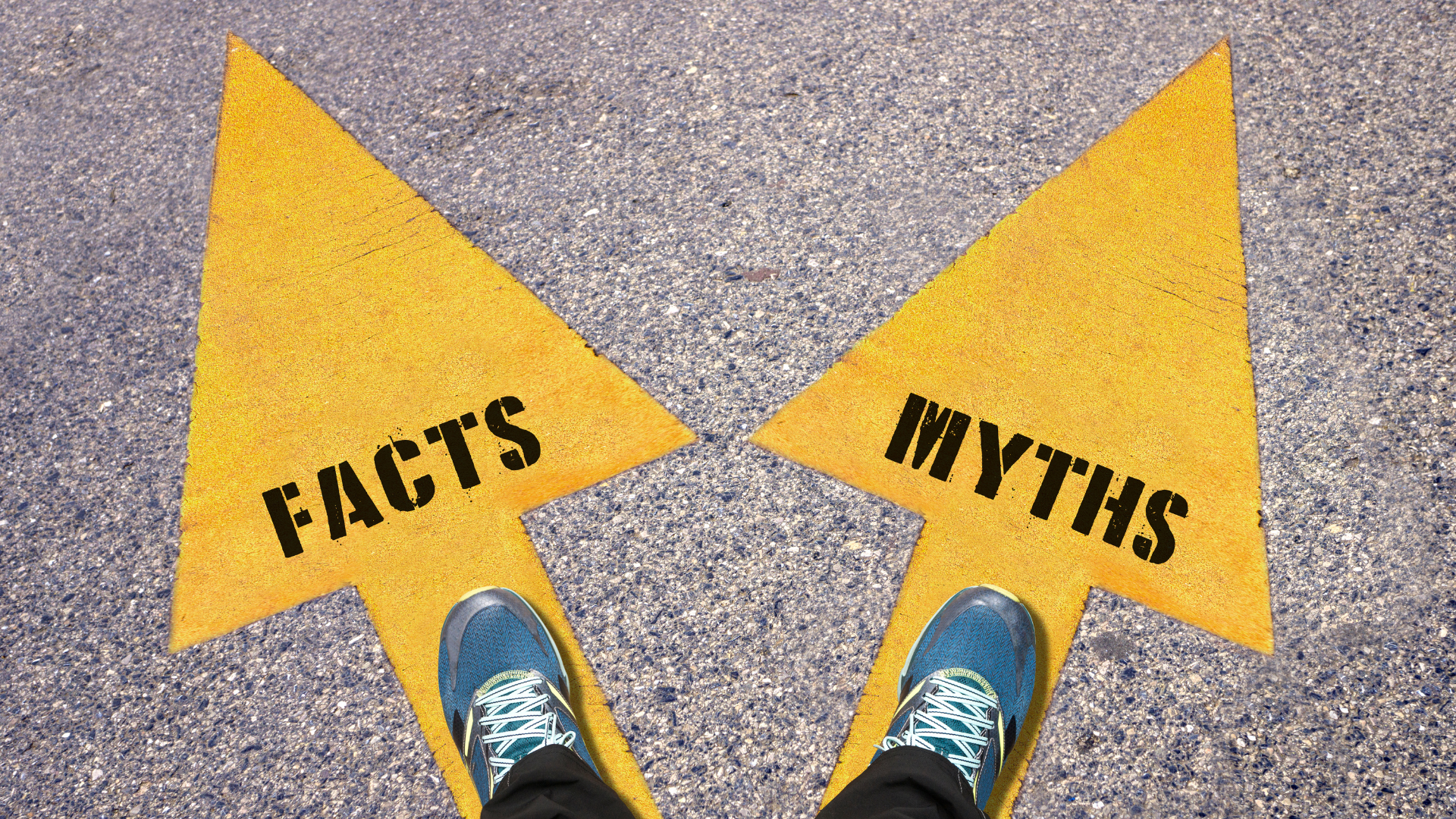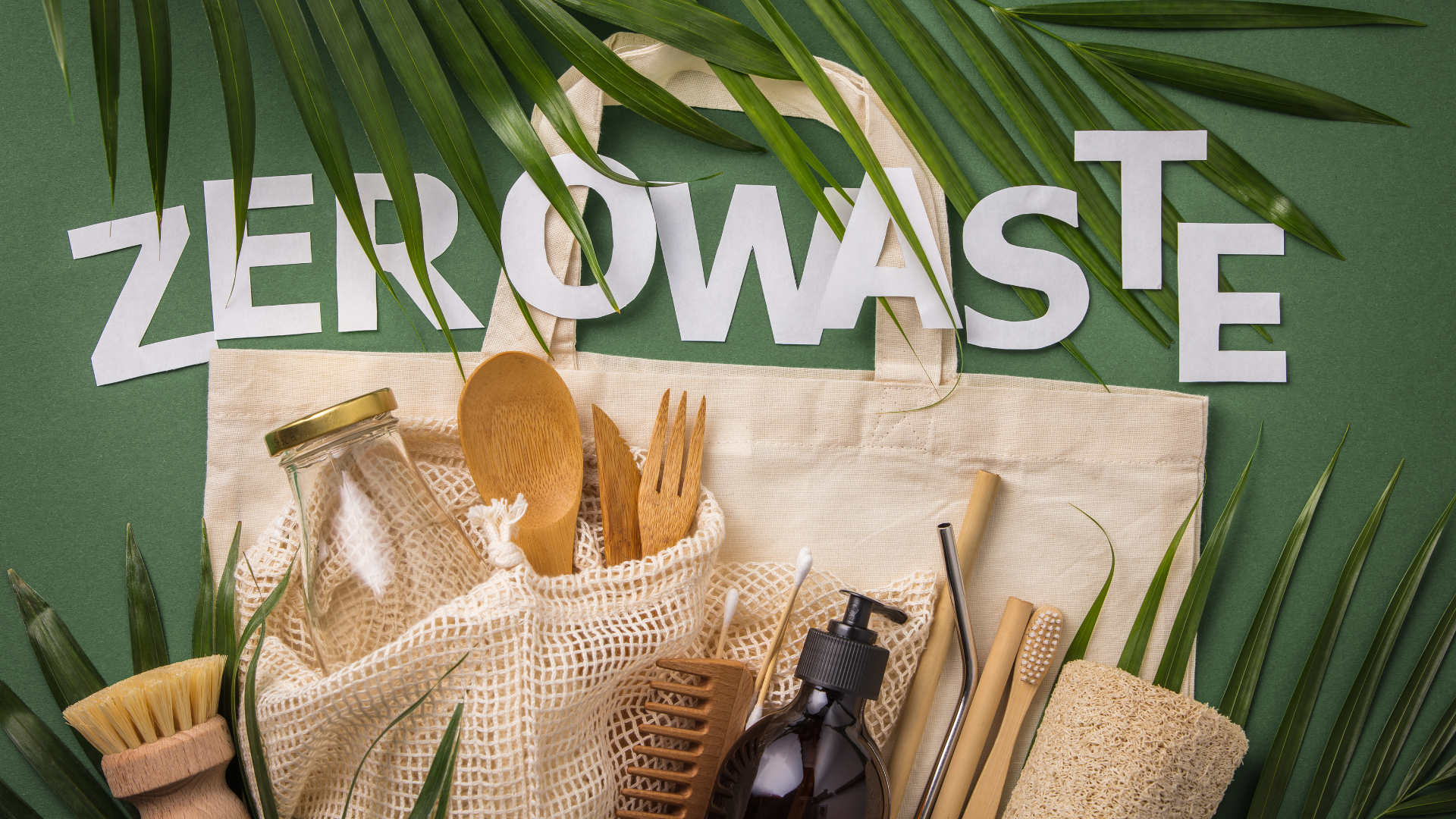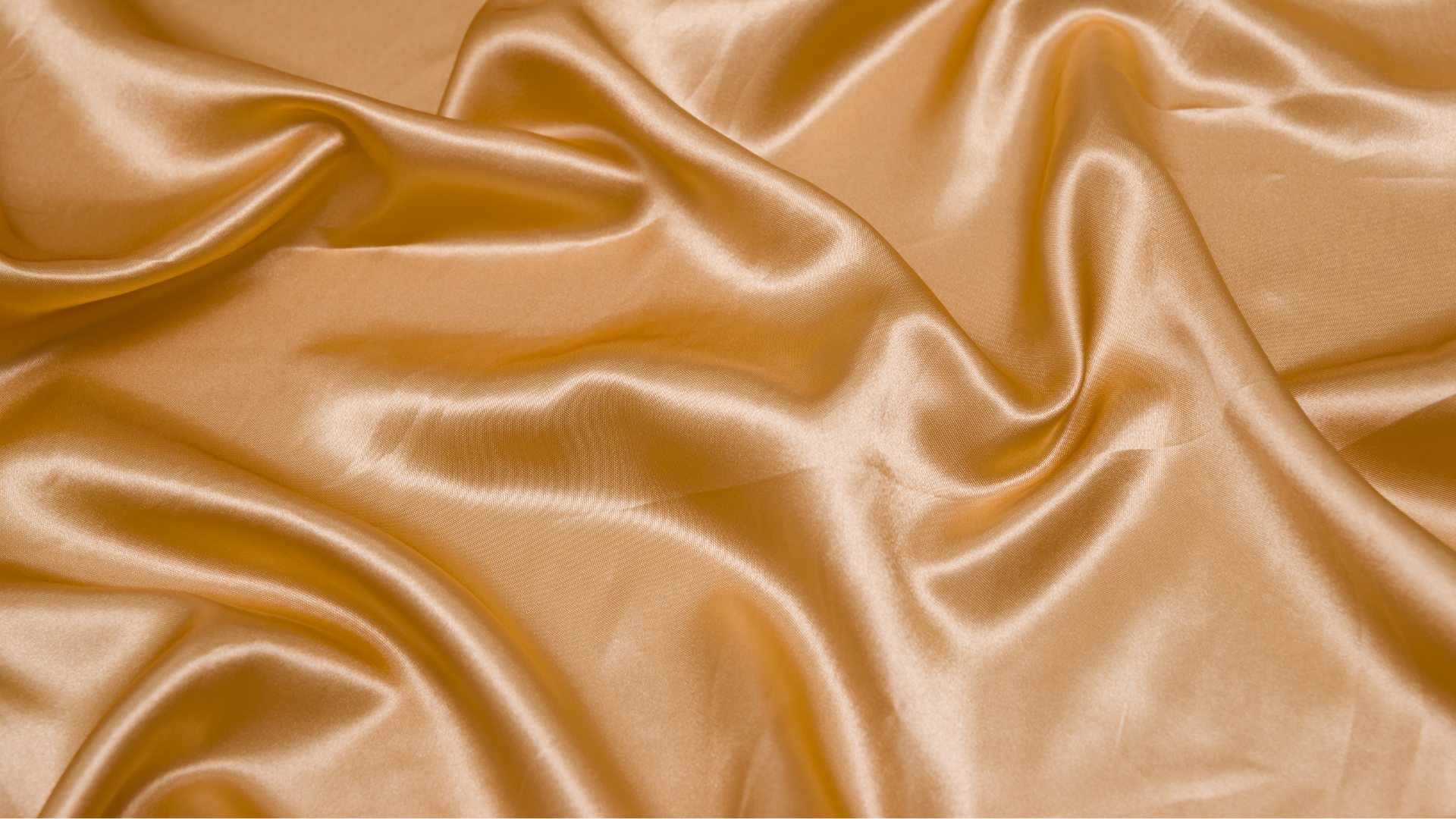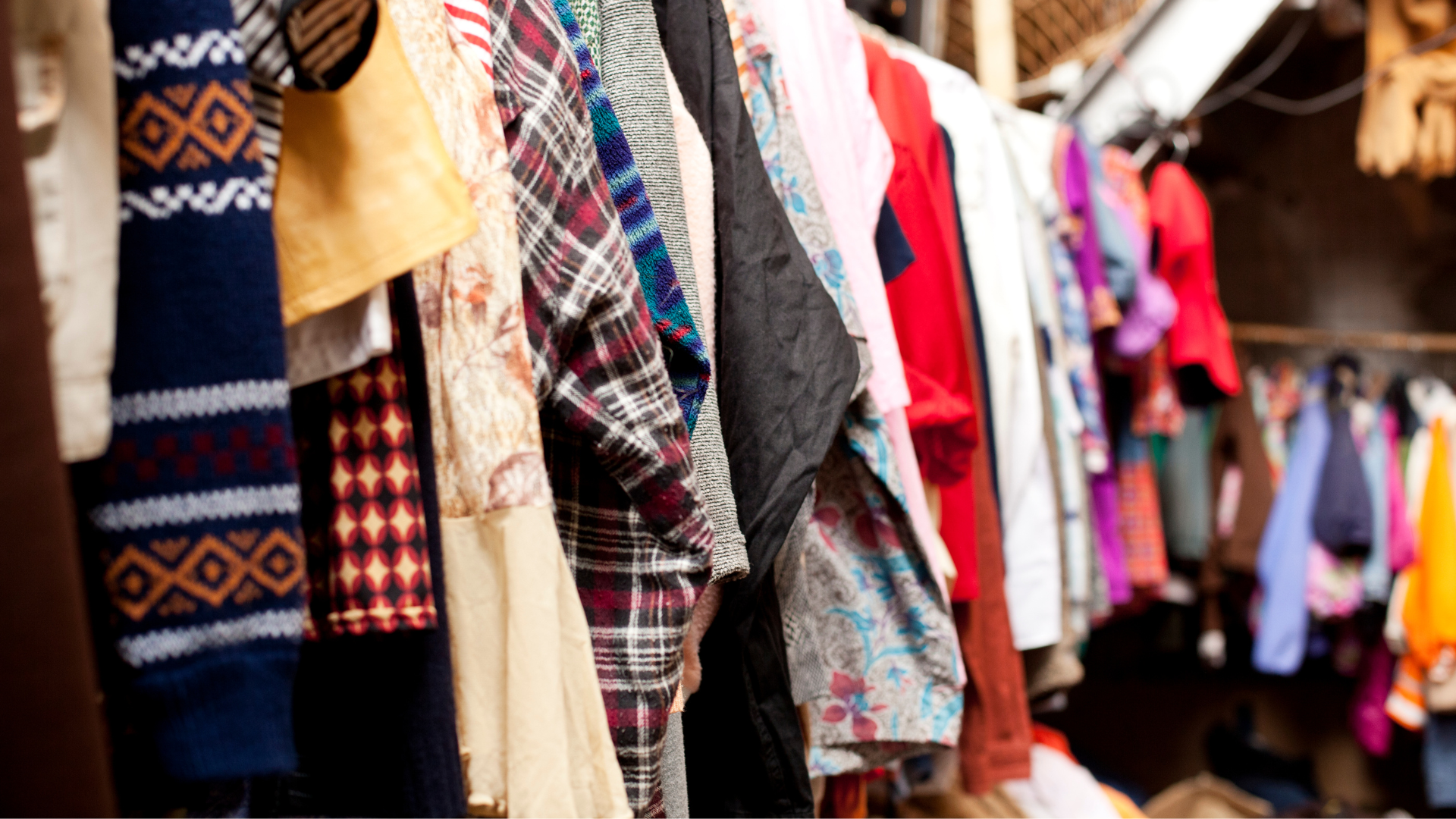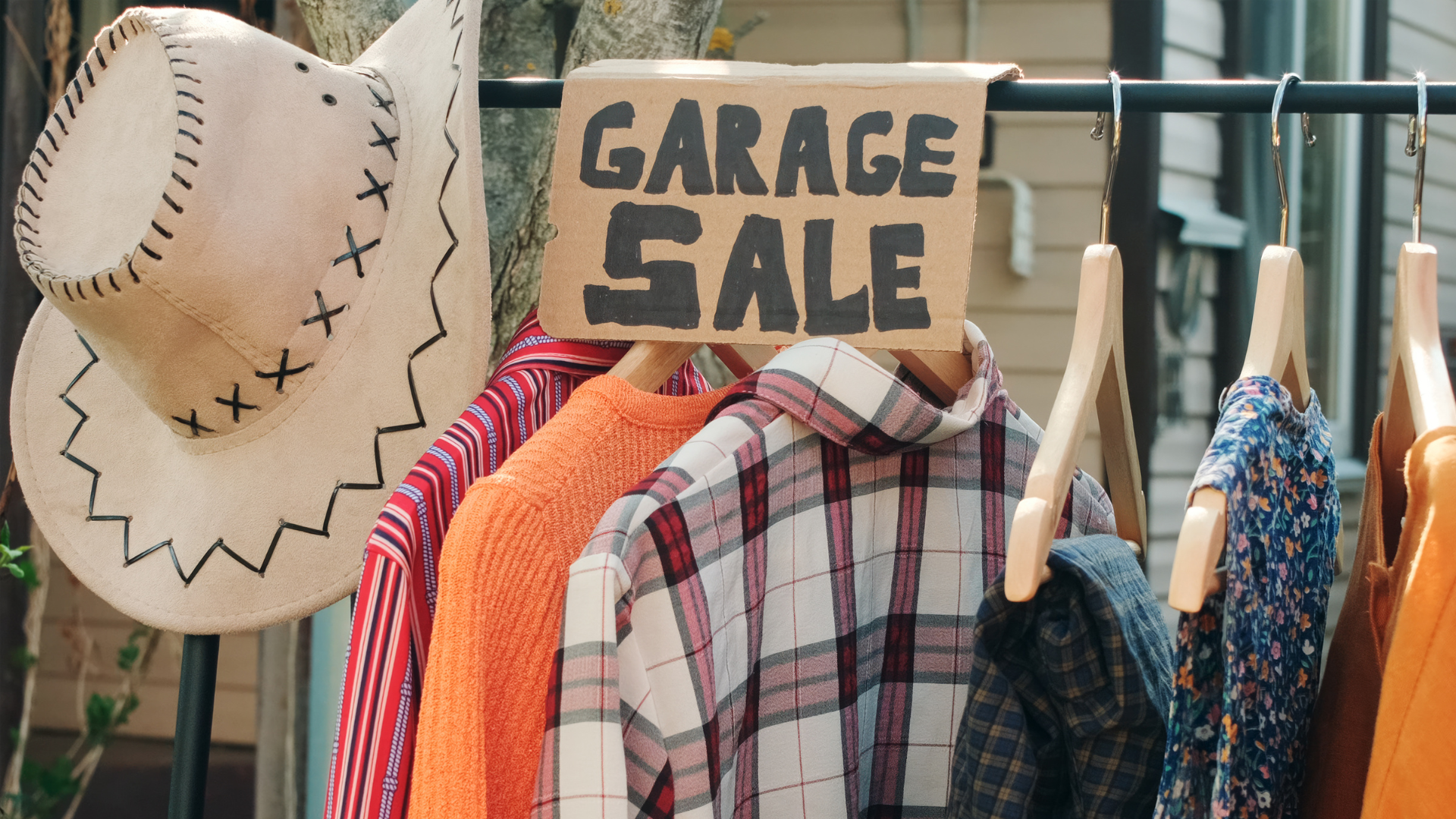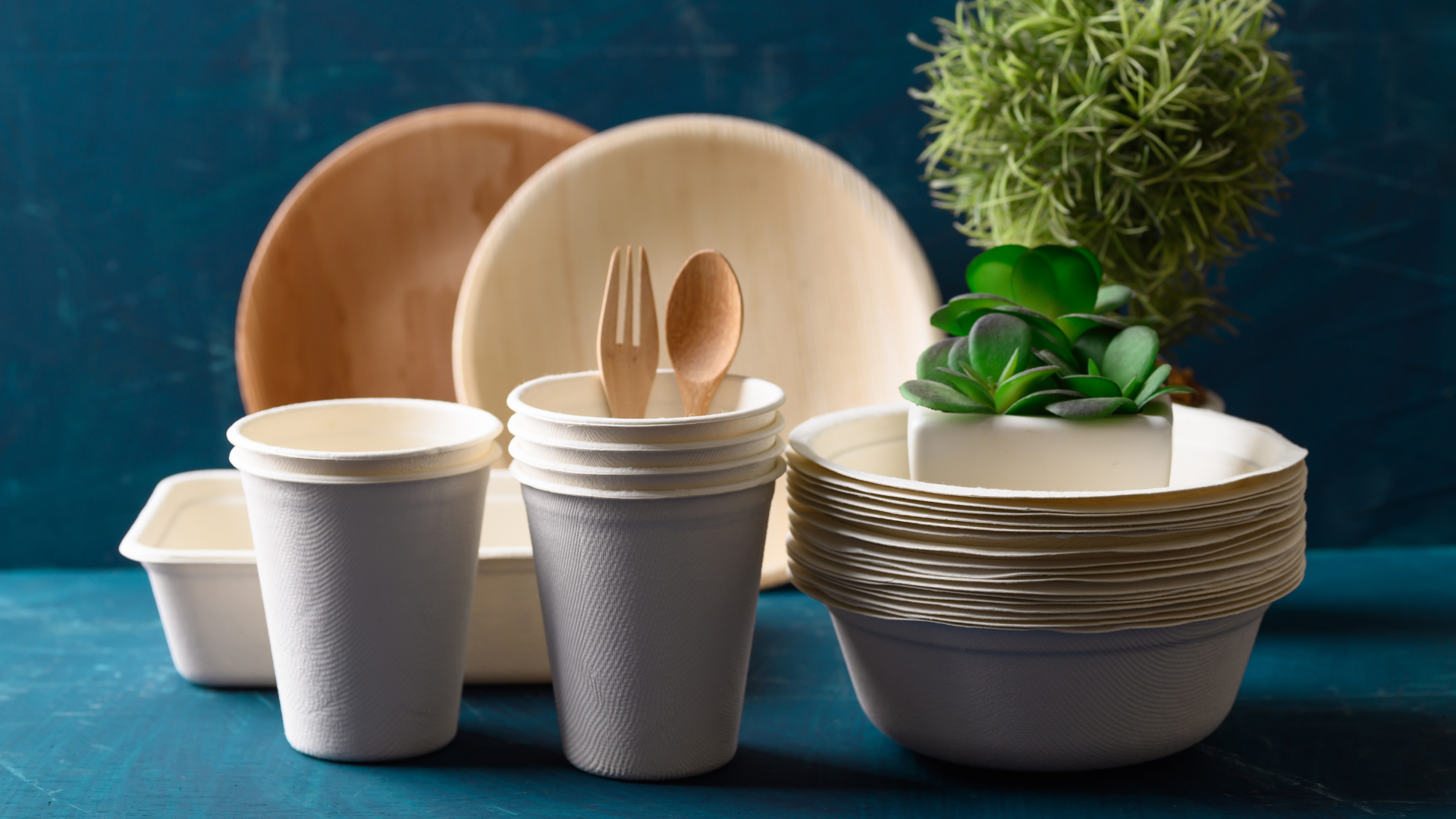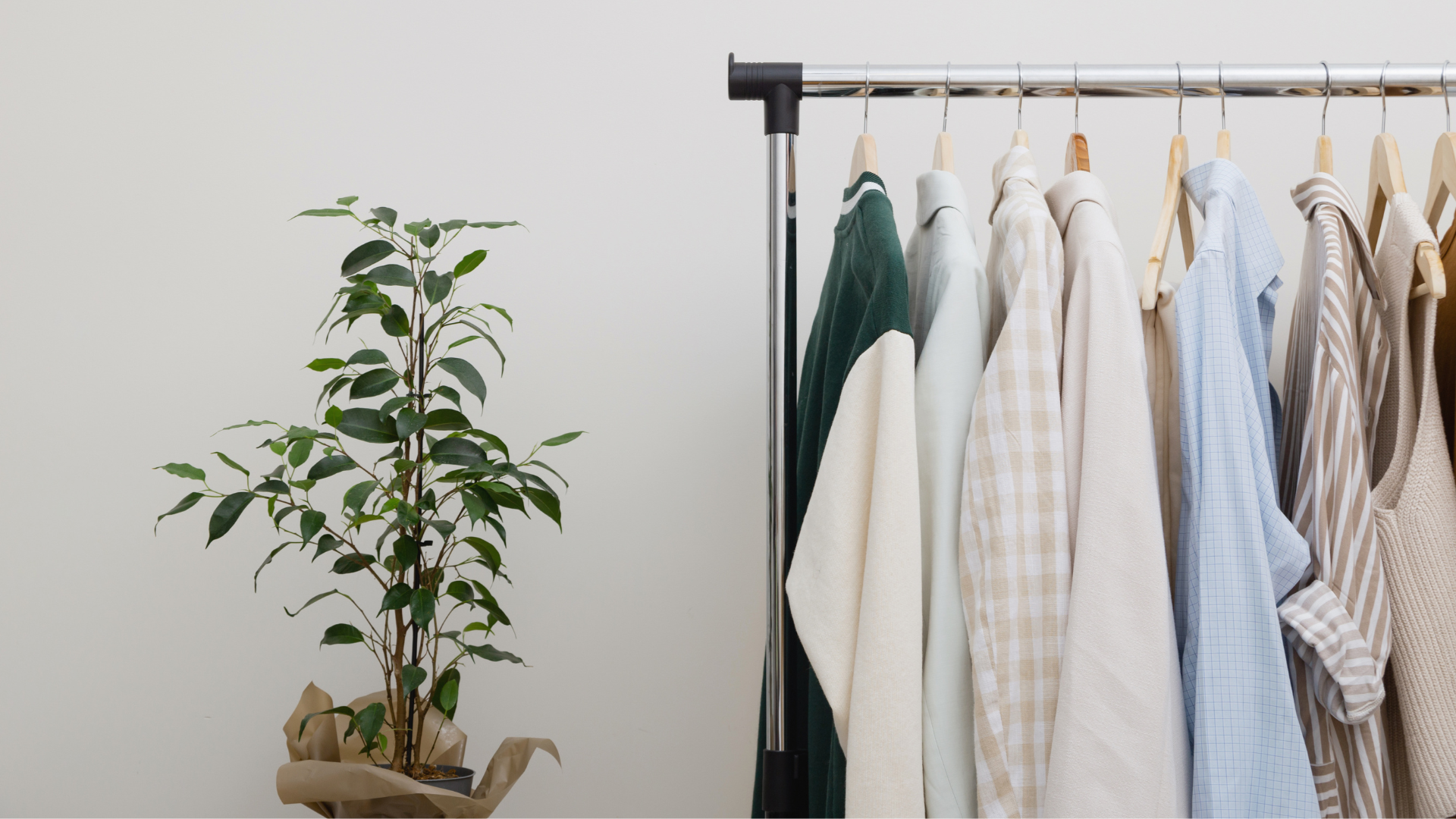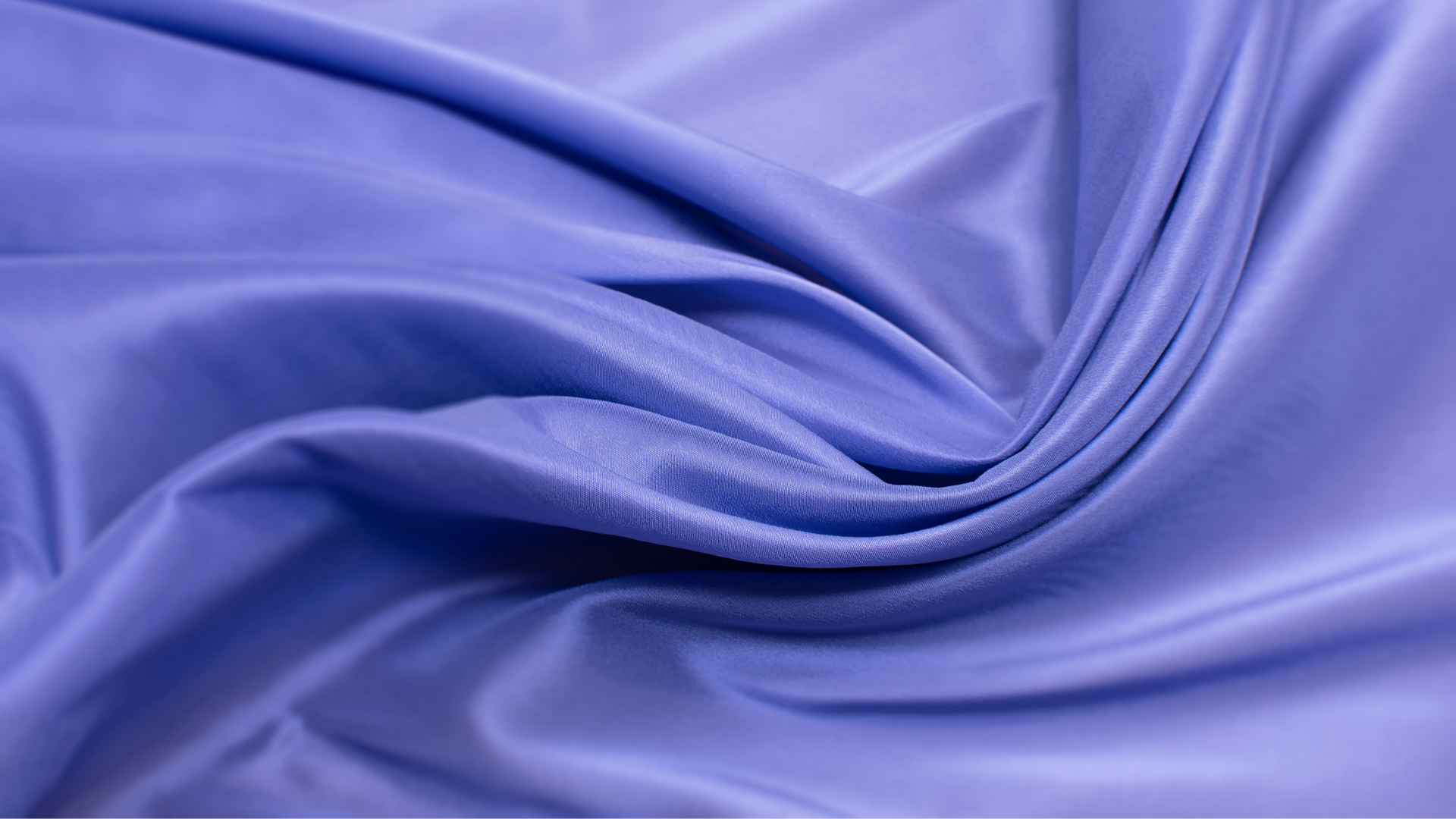In recent years, there has been a significant shift towards eco-friendly and health-conscious living, with more consumers questioning the ingredients in everyday products, including laundry care. Non-toxic fabric softeners have emerged as a safe alternative to conventional options, which often contain chemicals that can be harmful to both our health and the environment. This comprehensive guide will explore the benefits of using non-toxic fabric softeners, how they work, and why they should be a part of your sustainable living practice.
What is Non-Toxic Fabric Softener?
Understanding the Basics
Non-toxic fabric softeners are laundry care products designed to soften fabrics and reduce static without the use of harsh chemicals. These softeners are typically made from natural or plant-based ingredients and are free from synthetic fragrances, dyes, and preservatives that are commonly found in traditional fabric softeners.
Why Choose Non-Toxic?
Choosing non-toxic fabric softener is not only better for your skin and health but also for the environment. These products biodegrade more readily and reduce the release of harmful chemicals into our waterways.
Benefits of Using Non-Toxic Fabric Softener
Gentle on Sensitive Skin
Non-toxic fabric softeners are hypoallergenic and free from irritants, making them ideal for those with sensitive skin or allergies.
Eco-Friendly
By using plant-based and biodegradable ingredients, non-toxic fabric softeners minimize environmental impact, supporting your sustainable lifestyle goals.
Effective Fabric Care
Despite being gentle, these softeners effectively reduce static cling and soften fabrics, making your clothes feel cozy and comfortable.
How to Choose the Right Non-Toxic Fabric Softener
Key Ingredients to Look For
When selecting a non-toxic fabric softener, look for products containing natural softening agents like coconut oil, vinegar, or essential oils. Avoid chemicals like benzyl acetate or phthalates.
Read Labels Carefully
Always read the product labels to ensure that the fabric softener meets safety standards and is truly non-toxic. Certifications from environmental or health organizations can be a reliable indicator.
DIY Non-Toxic Fabric Softener Recipes
Vinegar and Essential Oil Softener
Mix 1 part vinegar with 1 part water and add a few drops of your favorite essential oil for a simple, homemade fabric softener.
Baking Soda Softener
Add ¼ cup of baking soda to your laundry during the rinse cycle for softened, neutralized odors without any residue.
The Impact of Non-Toxic Fabric Softeners on the Environment
Reducing Chemical Runoff
Non-toxic fabric softeners contribute to less chemical runoff into our rivers and oceans, protecting aquatic life and water quality.
Promoting Sustainable Practices
By choosing non-toxic options, consumers encourage manufacturers to adopt more sustainable and responsible production practices.
FAQs About Non-Toxic Fabric Softeners
What makes a fabric softener non-toxic?
Non-toxic fabric softeners are made from natural ingredients and are free from harmful chemicals typically found in traditional products.
Can non-toxic fabric softeners be used in all washing machines?
Yes, non-toxic fabric softeners are suitable for use in both standard and high-efficiency machines.
Are non-toxic fabric softeners more expensive?
While they can be slightly more expensive, the benefits to health and the environment make them a worthwhile investment.
How often should I use non-toxic fabric softener?
Use non-toxic fabric softener with each wash to maintain the softness and comfort of your fabrics.
Can I use non-toxic fabric softener on all types of fabrics?
Yes, but always check the care label on your garments for specific washing instructions.
Conclusion: Embracing a Healthier, Sustainable Laundry Routine
Choosing non-toxic fabric softener is a simple yet effective step towards a healthier, more sustainable lifestyle. By making informed choices about the products we use, we can protect our health and make a positive impact on the environment.
Explore More Sustainable Practices
Discover more about sustainable living and eco-friendly products by visiting our blog at Sustai Market Blog and exploring related topics in Home & Garden and Health & Wellness.



